Thursday, July 1, 2021
Edge Computing towards Beyond 5G / 6G Era: Frontiers, Challenges and Platforms
10:30pm – 12:00am JST
Panel Moderator
Alex Galis, University College London, UK
Panel Members
David Lou, Huawei Technology, Germany
Akihiro Nakao, Tokyo University, Japan
Ivan Seskar, WINLAB, Rutgers University, USA
Luis Miguel Contreras Murillo, Telefonica, Spain
Guru Parulkar, Open Networking Foundation, Stanford University, USA
Janise McNair, University of Florida, USA
Description
Digital transformation is accelerating to transform society, economy, and industry using rapidly evolving digital technologies such as AI and IoT. In the Beyond 5G and 6G era, edge computing will play a key role to handle huge amount of real world data close to the source or end users at very short latency to further advance digital transformation.
The expected benefits in the future networks include performance improvements, efficient dynamic reconfiguration and programmability, KPIs guarantees, reengineering the IP layer, new ultra-low-latency services and other precision services. Such benefits will be enabled by AI/ML methods (AI for NW), and enable massive AI/ML processing of real world data (NW for AI) at the edge.
This panel will review the new frontiers, research and development challenges and platforms needed for future edge computing in a context of multi-domain ecosystems (operators, equipment provides, research and others).
Biography

Alex Galis is a Professor in Networked and Service Systems at University College London (UCL) – www.ee.ucl.ac.uk/~agalis/. His current interests are in 5G/6G networking, management, AI-enabled networking, virtualization and softwarization, deterministic and high-precision networking and servicing, network and cloud programmability. He has co-authored more than 250 publications in the future Internet areas and standards, including 11 research books. He is a co-editor of IEEE Communications Magazine series on Network Softwarization and Management, IEEE Communication Magazine Feature Topic on Advances in Networking Software, IEEE JSAC series on Network Softwarization and Enablers, and Wiley’s ETRI Journal. He has served as general chair/TPC chair/keynote and panel chair/tutorials in IEEE conferences such as NOMS/IM/CNSM/ICIN/CloudNet/NetSoft.
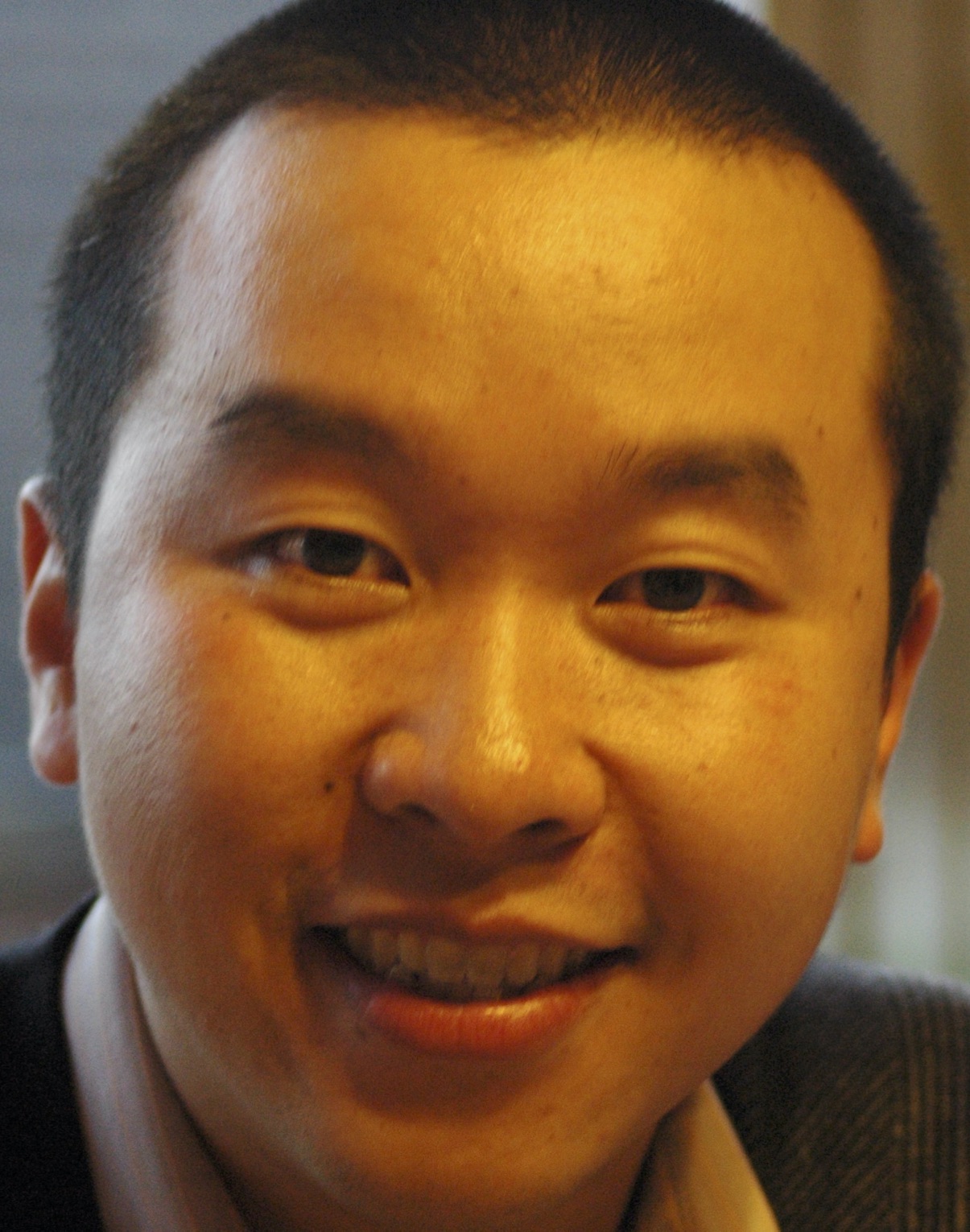
David Lou graduated as Ph.D. in Electronic Engineering at Ghent University in 2005. In the same year he joined the Alcatel-Lucent Bell Labs as an Innovation Researcher. He had a leading involvement and management role in several European and national research projects (Giant, Smart Touch, Metaverse1, Mistra, Shift-TV, etc.), and standardization bodies (MPEG). In 2016 he joined Huawei Technologies as a Chief Researcher based in Munich, Germany. He is responsible for defining the research strategy, steering disruptive network innovation and coordinating collaboration with industrial and academic partners. He is also leading the standardization activities in various SDOs (e.g. ITU-T, IETF, ETSI, etc.) His interests mainly covers IoT/IIoT/I4.0, next generation industrial networking architecture, deterministic communication, network privacy, video streaming and transportation, and immersive communication. He is the co-chair of the IIC Networking Task Group and has been actively involved in relevant industrial development activities. He has (co-) authored more than 30 scientific publications and white papers. He has been granted with more than 20 patents.
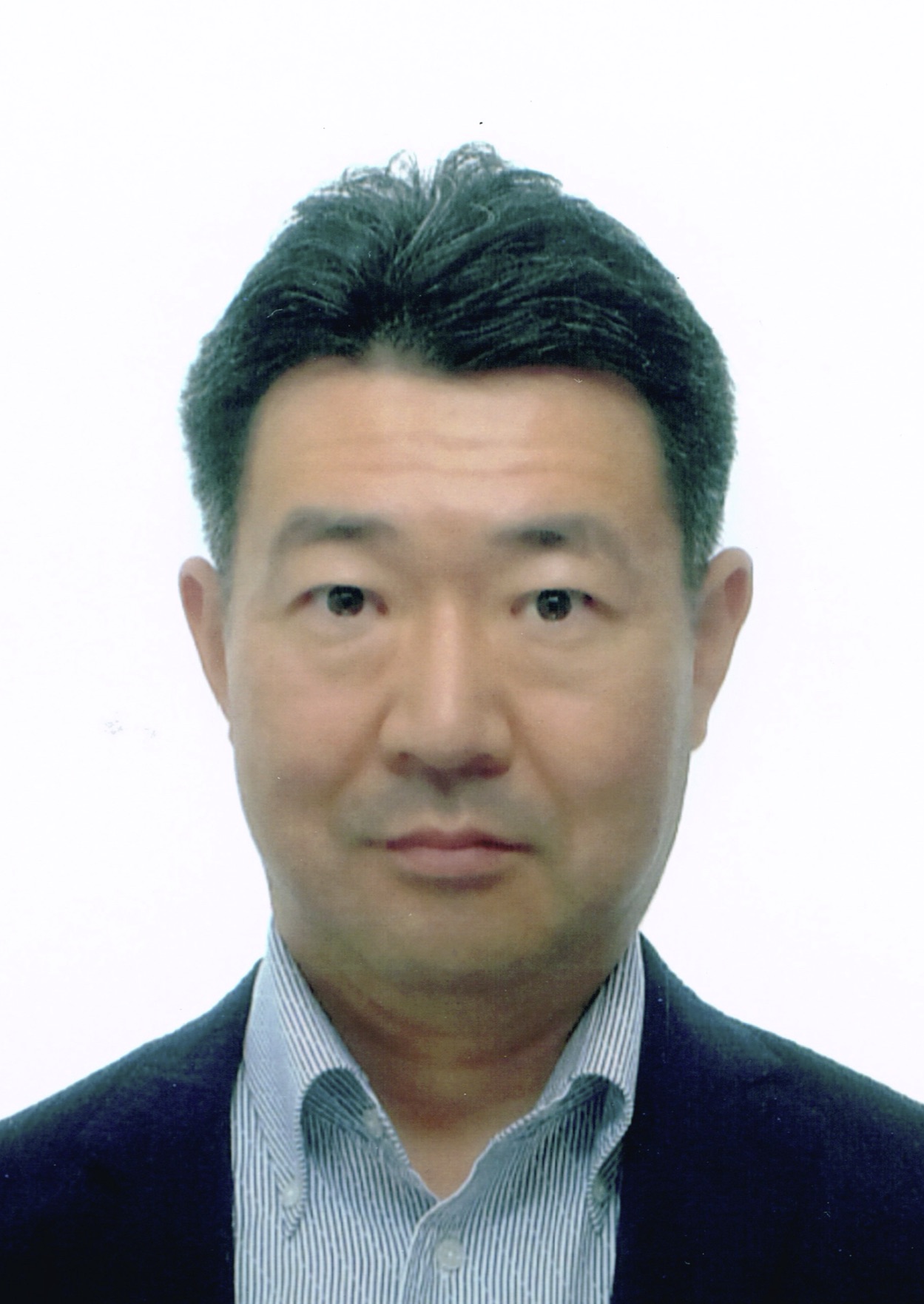
Akihiro NAKAO received his B.S. (1991) in Physics, M.E. (1994) in Information Engineering from the University of Tokyo. He was at IBM Yamato Laboratory, Tokyo Research Laboratory, and IBM Texas Austin from 1994 till 2005.He received M.S. (2001) and Ph.D. (2005) in Computer Science from Princeton University. He has been teaching as an associate professor (2005-2014) and as a full professor (2014-present) in Applied Computer Science, at Interfaculty Initiative in Information Studies, Graduate School of Interdisciplinary Information Studies, the University. From 2019 to present, he has served as Vice Dean of the University of Tokyo’s Interfaculty Initiative in Information Studies (2019-present). He was appointed as an adviser to the President of the University of Tokyo in 2019 and as a special adviser to the President of the University of Tokyo in 2020.He was been appointed as a chairperson of network architecture committee of 5GMF (5G Mobile Network Promotion Forum) in 2014 and also as a chairperson of international committee of Beyond 5G Promotion Consortium of Japan in 2020.

Ivan Seskar is the Chief Technologist at WINLAB, Rutgers University responsible for experimental systems and prototyping projects. He is currently the program director for the COSMOS project responsible for the New York City NSF PAWR deployment, the PI for the NSF GENI Wireless project, which resulted in campus deployments of LTE/WiMAX base stations at several US universities, and the PI for the NSF CloudLab deployment at Rutgers. He has also been the co-PI and project manager for all three phases of the NSF-supported ORBIT mid-scale testbed project at WINLAB, successfully leading technology development and operations since the testbed was released as a community resource in 2005 and for which the team received the 2008 NSF Alexander Schwarzkopf Prize for Technological Innovation. Ivan is a co-chair of the IEEE Future Networks Testbed Working Group, a Senior Member of the IEEE, a member of ACM and the co-founder and CTO of Upside Wireless Inc.
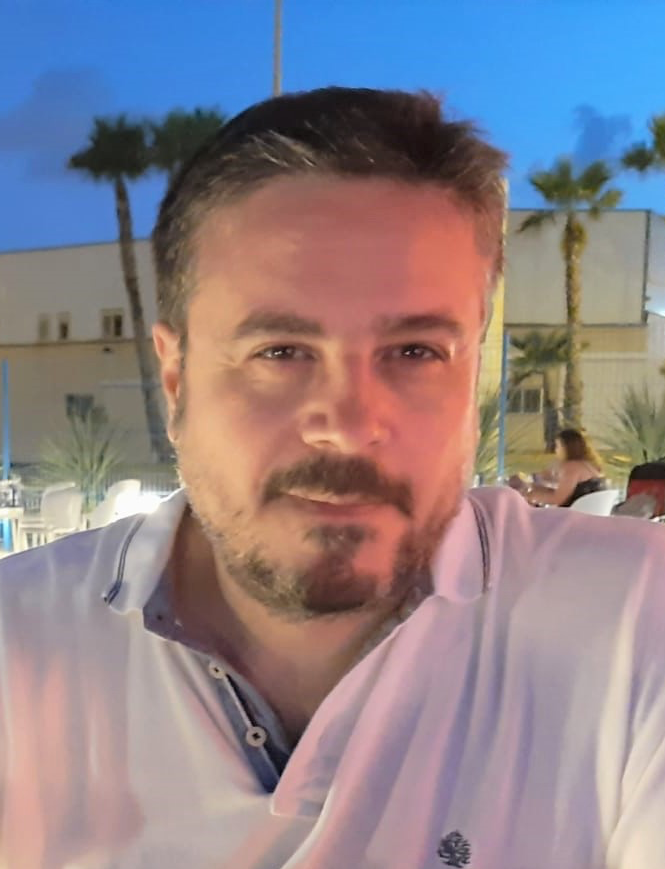
Luis Miguel Contreras Murillo completed a six-year Telecom Engineer degree (M.Sc.) at the Universidad Politécnica of Madrid (1997), and helds an M. Sc. on Telematics from the Universidad Carlos III of Madrid (2010). In 1997 he joined Alcatel Spain taking several positions (R&D, standardization, product development and customer engineering) in both wireless and fixed network fields. In 2006 he joined the Network Planning department of Orange Spain (France Télécom group) taking responsibilities on the IP backbone and Packet Switched Mobile Core (SGSN, GGSN) planning, and being Internet peering technical manager. Between 2002 and 2010 he was also adjunct lecturer at the Telematics department of the Universidad Carlos III. Since August 2011 he is part of Telefónica I+D / Telefónica Global CTO, working on SDN, transport networks and their interaction with cloud and distributed services, and interconnection topics. He is also active in research and innovation activities participating on the EU FP7 projects GEYSERS and XIFI, the EU H2020 projects 5G-Crosshaul, 5GEx, 5G-Transformer, 5G-EVE, and 5GROWTH, the EU-BR project NECOS, the EU-TW project 5G-Dive, the EU-GNSS project ROOT and the ESA funded project CloudSat. He is active contributor to IETF (authoring five RFCs), ETSI NFV, ETSI MEC, ONF, ITU-T and O-RAN.
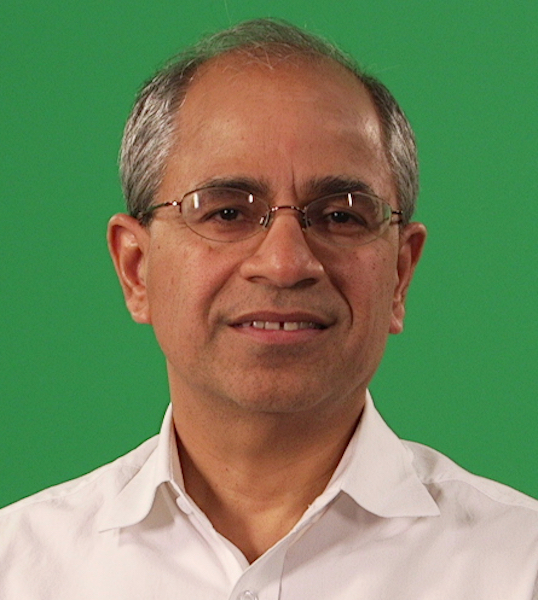
Guru Parulkar is Executive Director of Open Networking Foundation (ONF) and of Stanford Platform Lab at Stanford University. He is IEEE and ACM Fellow.
Guru co-founded ON.Lab in 2012 with the mission to help transform access and edge networks with SDN, disaggregation and open source and thus make the networks more agile for innovation and Capex and Opex efficient. ON.Lab merged with its sister organization ONF and has continued its mission. Now ONF has $10M+ in annual funding, a strong team of 40+ developers and a successful portfolio of open source projects that includes Stratum (a thin switch OS supporting P4RunTime, gNMI/OpenConfig, gNOI interfaces), ONOS (SDN network OS), Trellis/SD-Fabric (a leaf-spine edge cloud SDN fabric), SD-RAN (O-RAN compliant software defined RAN), SD-Core (4G/5G dual mobile core), SEBA (SDN Enabled Broadband Access), VOLTHA, and its flagship project Aether: 4G/5G Connected Edge Cloud as a Service that builds on Stratum, ONOS, SD-RAN, SD-Core and SD-Fabric. The ONF ecosystem includes over 100 companies representing all parts of the networking industry.
Guru joined Stanford in 2007 as Executive Director of its Clean Slate Internet Design Program and Consulting Professor of EE. At Stanford Guru helped create three programs: OpenFlow / Software-Defined Networking, Programmable Open Mobile Internet 2020, and Stanford Experimental Data Center Laboratory. He is the founding Executive Director of Stanford Platform Lab that brought datacenter and networking research into a single lab with the mission to build innovative computing and networking platforms to enable new class of applications.
Prior to Stanford, Guru spent four years at the National Science Foundation (NSF) and worked with the broader research community to create programs such as GENI, Future Internet Design, and Network of Sensor Systems. Guru received NSF Director’s award for Program Management excellence.
Before NSF Guru founded several startups including Growth Networks (acquired by Cisco) and Sceos (IPO’d as Ruckus Wireless). Guru served as Entrepreneur in Residence at NEA in 2001 and received NEA’s Entrepreneurship Award.
Prior to this Guru spent over 12 years at Washington University in St. Louis where he was a Professor of Computer Science and Director of Applied Research Laboratory and led research and prototyping of high performance networking and multimedia systems.
Guru received his PhD in Computer Science from the University of Delaware. Guru is a recipient of the Alumni Outstanding Achievement award and the Frank A. Pehrson Graduate Student Achievement award.
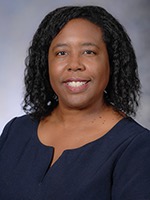
Janise McNair is an Associate Professor of electrical & computer engineering (ECE) at the University of Florida. She is a researcher in the field of 5G and 6G architectures, including the integration of cellular, Internet of Things and satellite networks. Currently, she is creating a framework for integrating multi-radio access technologies for seamless integration in 5G and 6G cellular systems. This is a continuation of McNair’s pioneer work in early next generation mobility management for cellular systems. In addition, her lab is building secure robust networked systems for IoT agriculture for food safety and availability; IoT construction for human health and safety, and smart grid communications for smart grid security, pioneering Machine-Learning optimized SDN infrastructures for multi-discipline IoT solutions. Dr. McNair earned her B.S. and M.S. degrees from the University of Texas at Austin and her Ph.D. degree in ECE from the Georgia Institute of Technology, with a research focus on medium access control and mobility management in next generation wireless networks. She currently serves on the steering committee of the IEEE Transactions on Mobile Computing, the Editorial Board of the Springer Wireless Networks Journal, and she is currently a consultant for the National Academies of Sciences Engineering and Medicine as a member of the Intelligence, Science and Technology Experts Group.











